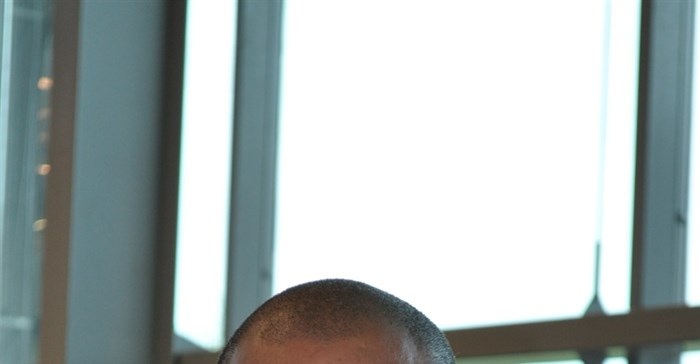Why Africa needs the industrial revolution that is the Internet of Things

Having recently appointed its first regional director for Sub-Saharan Africa, Jeremy Potgieter, Eseye says that Africa has unique challenges that can be effectively addressed by IoT.
Stephen Stewart, regional director Africa, says that he is excited about the company’s growing presence across sub-Saharan Africa: “There is immense potential for Eseye based on our ability to deliver-end-to end solutions that are crafted to meet unique customer requirements. The appointment of Jeremy Potgieter is also a significant step for the company and the region. Not only to have a local presence, but someone with the experience and local knowledge that Jeremy brings to Eseye will be key to our success.”
Potgieter, who has over a decade of IoT experience with two of South Africa’s mobile giants, says that he is excited about the new position: “The potential is enormous for IoT within sub-Saharan Africa. We have unique challenges among majority of the vertical sectors such as energy management; fuel; agriculture; climate as well as health, and Eseye has the necessary tools and skill-sets to effectively address these issues. By drawing from past projects and deployments we can tailor and develop new solutions that are purpose built to overcome many of the local challenges we face.”
The “next internet”
Business Insider says that the Internet of Things (IoT) has been touted as the next Industrial Revolution or even the “next internet” as it becomes the future of the way businesses, governments, and consumers interact with the physical world.
Potgieter says Africa needs this revolution: “IoT is an amazing technological advancement and it has the ability to fundamentally change the landscape of data communications and utilisation.”
He says the power of IoT lies in its ability to develop solutions that meet the precise need of a region: “We now have the ability to intelligently light up rural areas that could lead to the development of proximity based electric grids as an example. The impact of this technology advancement is far reaching,” says Potgieter.
While he says that opportunities exist in majority of the verticals, where additional value can also be gained, where IoT can make a marked impact is through the provision of new capabilities such as cash management; citizen engagement; assisted living, retail Point of Sale; and industrial cooling solutions.
“These are only a small example of the power of IoT and how far and wide its capabilities can stretch in terms of making an impact on the everyday lives of people,” says Potgieter.
It’s not just a concept anymore, he says, that businesses are currently the top adopters of IoT solutions.
“There are three ways that IoT can improve a business’ bottom line: lowering operating costs; increasing productivity; and expanding into new markets and developing new product offerings. Similarly, governments are focused on increasing productivity, decreasing costs, and improving their citizens’ quality of life.
“These are all areas where Eseye already provides value, and as such are well positioned to deliver the best end-to-end solution delivery. There is no doubt that for smart businesses, the time for IoT is now.”





















